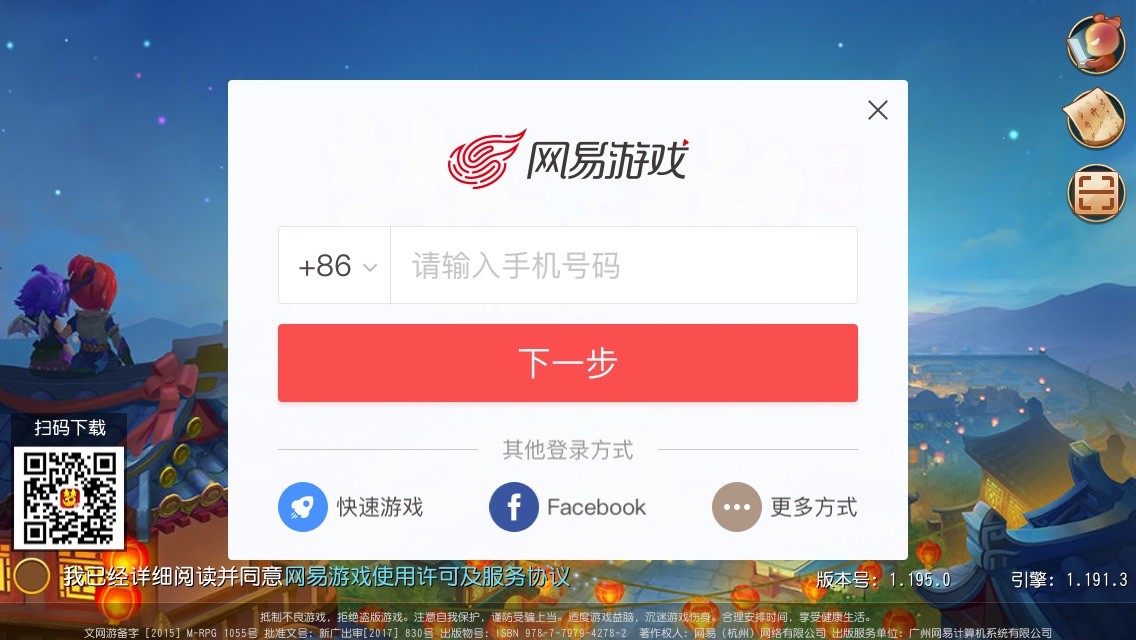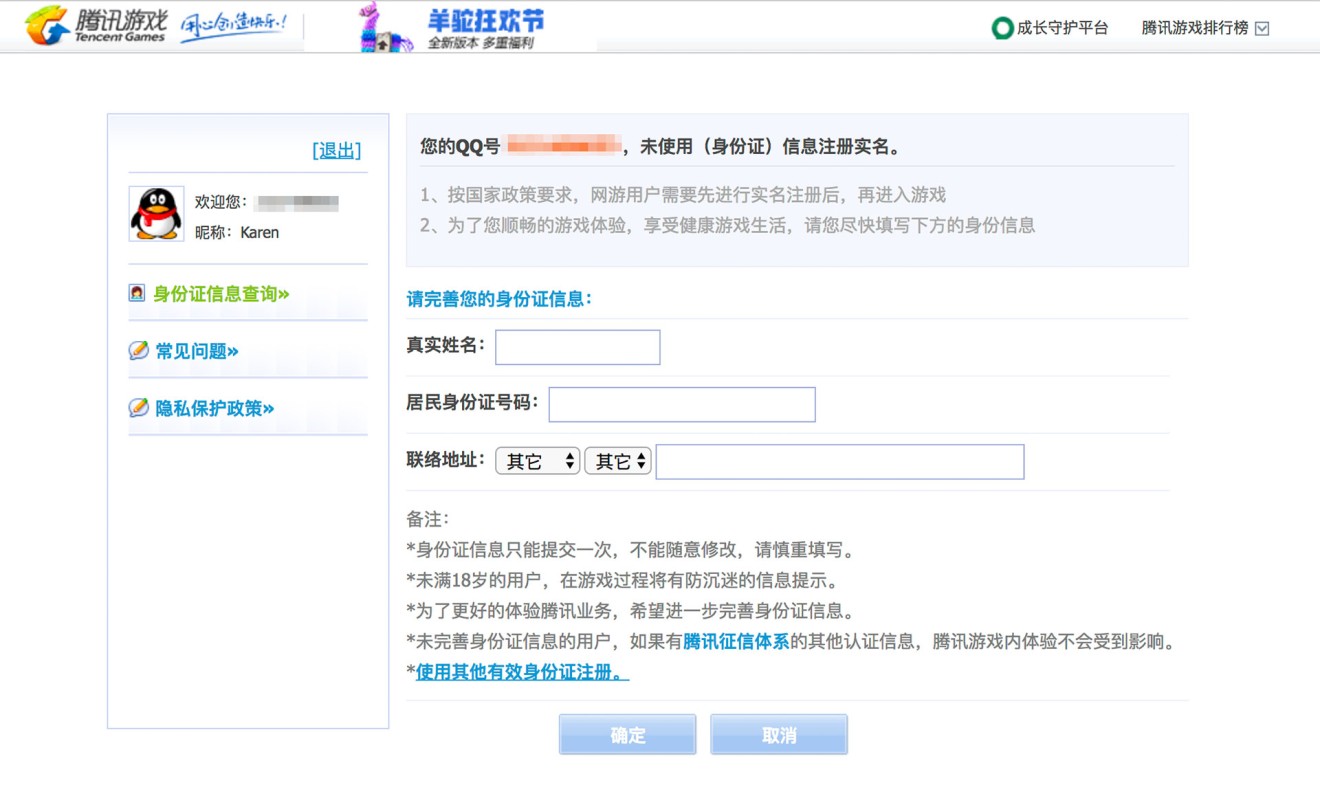
Tencent will check the age of Chinese gamers with the police
Tencent to match names of Honor of Kings players with police data
Arena of Valor, China’s mobile League of Legends, is aiming to be the world’s go-to mobile esport
Tencent says the police check will begin around September 15.
For most people playing online games in the West, the most personal data you'd have to surrender is your email address and date of birth -- and the latter is laughably easy to fake.
On the other hand, asking for someone’s real name and national ID -- and verifying the information through a government system -- goes a huge step further.
How Weibo became China’s most popular blogging platform
Registration comes in various forms. Some simply ask users for a cell phone number. That’s because most telecom providers in China already require subscribers to provide a real name and national ID.

Others, like some of Tencent’s platforms, directly request a real name, national ID, and even a physical address.

Users are still free to use any alias within a game; only the company knows their actual identity.
Tencent’s guide to gaming lingo calls unlucky players "Africans"
For more insights into China tech, sign up for our tech newsletters, subscribe to our Inside China Tech podcast, and download the comprehensive 2019 China Internet Report. Also roam China Tech City, an award-winning interactive digital map at our sister site Abacus.
For more insights into China tech, sign up for our tech newsletters, subscribe to our Inside China Tech podcast, and download the comprehensive 2019 China Internet Report. Also roam China Tech City, an award-winning interactive digital map at our sister site Abacus.

